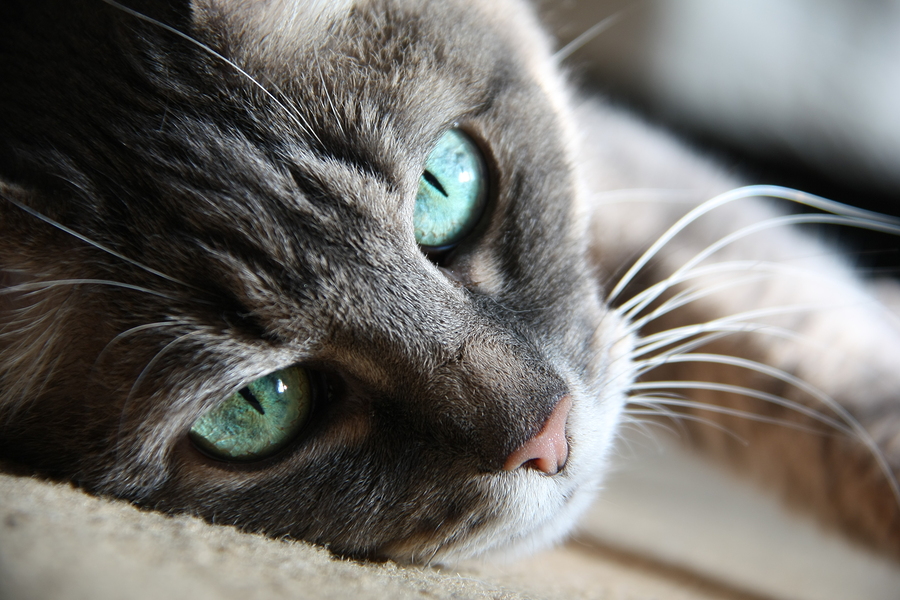Lack of normal appetite is always a sign something’s wrong, whatever the species. But when it’s a cat who’s lost interest in food, it can be an emergency. Here’s what I told a reader.
Q: My cat doesn’t seem very hungry anymore. What could be causing her loss of appetite?
A: All of us worry when our pets don’t eat. That’s especially true if their normal habit is to chow down with gusto. Pets who don’t eat lose energy, don’t feel good and can develop serious metabolic problems if it goes on for very long.
A lack of appetite can have many causes. It’s often the first sign of illness or, in some cases, the only sign. Cats, as you probably know, are masters at hiding sickness, and not eating may be the only clue they give. So a noticeable change in appetite is one of the things you should let your veterinarian know about right away.
Appetite loss can also be a side effect of certain medications or pain from a condition such as dental disease, a mass in the mouth or inflammation of the jaw muscles that pets use to chew. Cats in renal failure often have decreased appetite. Sometimes pets simply don’t like the way their food tastes. Cats are notorious for developing aversions to certain foods.
A poor sense of smell can affect appetite. You’ve probably experienced that when you’ve had a bad cold. If your cat is getting on in years, her sense of smell may not be as good as it used to be. Or she may have an upper respiratory infection that is affecting her ability to smell.
Never assume that your cat will eat when she’s hungry. Just two or three days of not eating can cause your cat — especially if she is overweight or stressed for some reason — to develop a serious liver disease called hepatic lipidosis.
If your cat is experiencing decreased appetite, complete lack of appetite or changes in appetite, take her to your veterinarian for a checkup.
Read more, including what to do if you’re allergic to your pets (no, you don’t have to give them up!), in this week’s Pet Connection.


